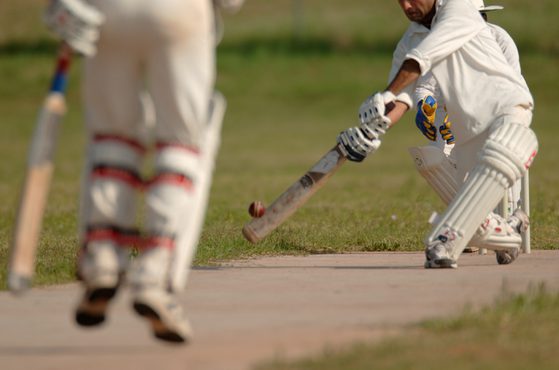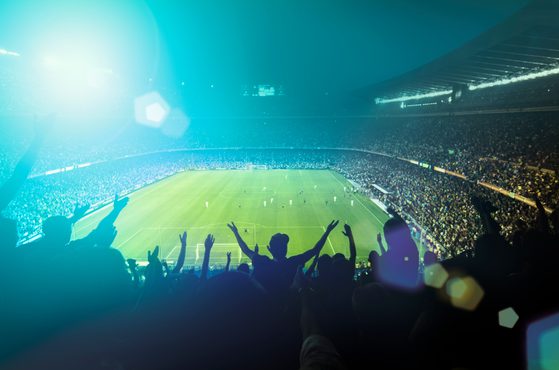With the Women’s World Cup in full flow, the Lionesses are hoping to recreate their scenes of jubilation from the Euros back in 2022 — yet this time on the world stage, in the biggest competition of them all.
However, team morale may have been damaged before a ball was even kicked, as The FA announced restrictions on players’ commercial activities in the run up to and during the tournament.
Here, trainee solicitor and member of our sport sector team Huzaifa Moosa explores the rationale behind the sponsorship ban.
What sponsorship activities are restricted?
The FA released new sponsorship guidelines that restrict England professionals from any physical appearances (for example, at photoshoots or interviews) for any personal commercial sponsorship or endorsement arrangement. This applied from 17 June (three days before the tournament started) and is expected to continue for as long as the England camp remains part of the competition.
In addition, players have been banned from promoting any brands with which they have personal commercial sponsorship or endorsement arrangements on social media since 5 July (a full 15 days before the tournament kicked off).
Why is The FA banning sponsorships?
Although these new restrictions seem unusual, they are not entirely so. It was reported that the Lionesses followed the same restrictions during their success at Euro 2022 and that Team GB had similar ‘blackouts’ imposed during the Olympic Games.
Part of the rationale behind this move is that limiting players’ commercial obligations helps to ensure that they stay in camp during downtime, make full use of rest and recovery time and avoid any unnecessary risks. However, The FA and the team’s sponsors will no doubt be pleased that players aren’t endorsing other brands during the tournament. It is worth noting that other nations’ governing bodies (including Australia) have implemented similar restrictions during the World Cup.
The FA’s restrictions are in addition to FIFA’s own restrictions, which prohibit players from wearing or carrying branded items (including rucksacks, headphones, mobile phones and protein shakes) unless they are England- or Nike-branded (as Nike is England’s primary merchandise sponsor).
Breaching contracts
It is widely reported that The FA did not consult any of the players or their agents before announcing the rules last month. Following the Lionesses’ success last year, most of the players have entered lucrative commercial agreements with brands which require specific, scheduled endorsements to be made and obligations to be fulfilled during the World Cup.
Given that there were similar restrictions on marketing during the Euros, it is likely that commercial arrangements have accounted for the possibility of repeat restrictions during the World Cup — but where they do not, players who are unable to fulfil these contractual obligations may find themselves in breach of contract or subject to penalties. The extent of this will largely depend on the drafting of the sponsorship or endorsement agreement itself.
Such breaches may lead to sponsorship payments falling through or contracts being renegotiated so that obligations can be fulfilled after England’s participation in the tournament has ended. There may also be conditional or contingent provisions that require certain endorsements depending on England’s success.
Ultimately, players, agents and brands may need to go back to the drawing board if they are to make full use of the positivity and momentum surrounding the Lionesses. Given that the conversation around a bonus deal between the players and The FA has also fallen through (and is expected to be picked back up after the tournament), it will be interesting to see what effect all of this has had on the team as the World Cup gets into full flow.
If you need advice on any type of commercial agreement or sponsorship arrangement, our dedicated football and commercial law teams are on-hand to assist.



